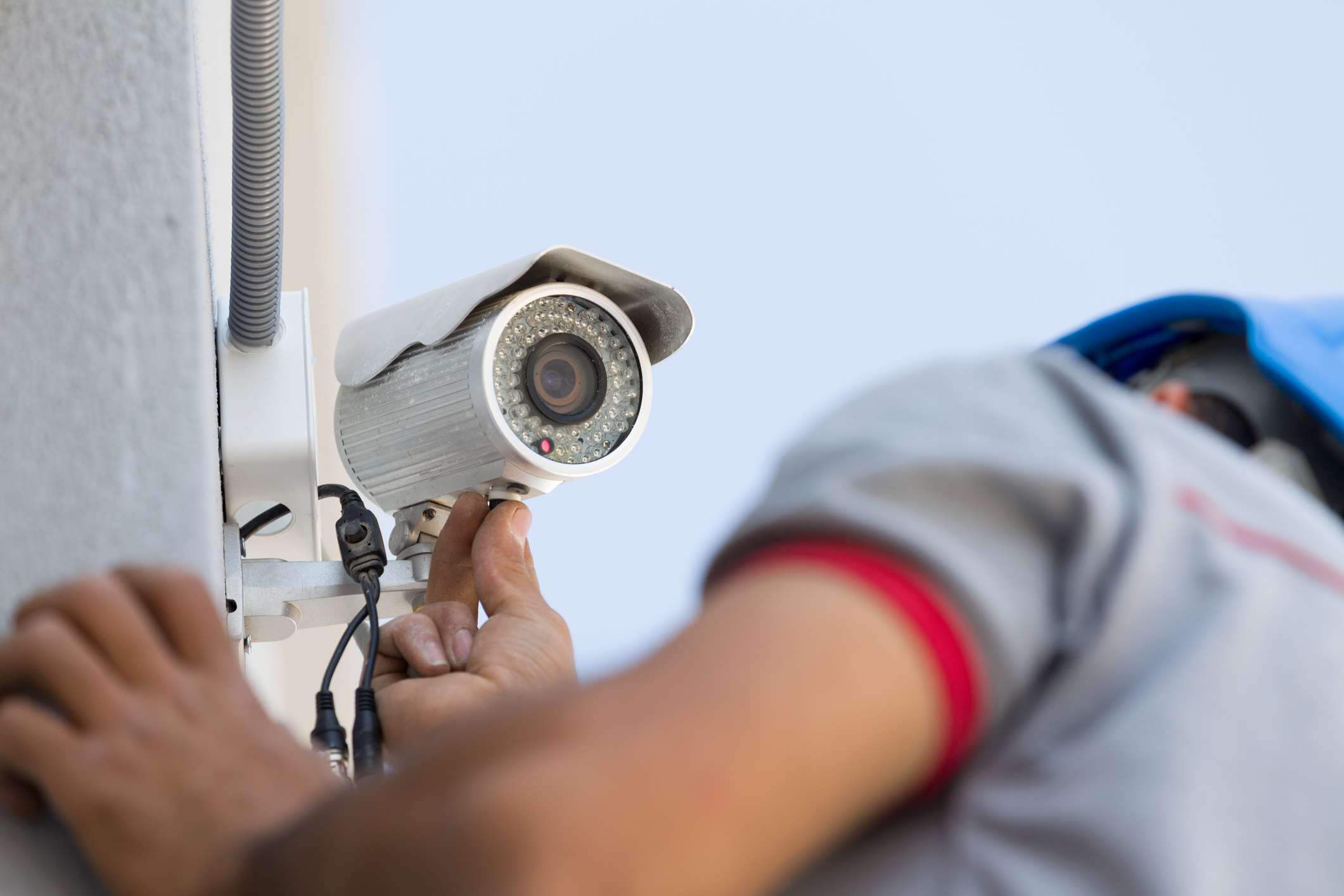Prepare for cold and freezing weather.
Help prevent frozen pipes, water damage and other costly issues with our
winter weather resources.
The best way to protect your house of worship from crime is to put a security management system in place. Many religious organizations have the typical combination of alarms, locks, gates and monitoring equipment. However, those aren’t always enough; you need to add proven security practices and procedures to complement your security equipment.
You should conduct a thorough security assessment. Today, it’s fairly common for houses of worship to ask their local police departments to perform a security vulnerability assessment of the organization’s buildings and grounds. Emergency personnel can show you where your property is most vulnerable. It’s also a good idea to take some photos of those areas to be addressed.
Many religious organizations today are assembling in-house security teams. These teams are made up of employees, members or volunteers from the congregation who can help identify potential risks. During a religious ceremony or other organizational functions, ushers will often be the first to notice a potential problem. For that reason, places of worship are including them on in-house security teams. Many churches and houses of worship now equip their ushers with earpieces and two-way walkie-talkies so they can quickly report suspicious activity to the organization’s leaders.
If you can, hire trained, professional security. Congregants, employees and volunteers will immediately feel safer knowing there’s a guard on duty. Having security people walking your grounds will also help deter crime.
Another security trend at religious institutions today is the addition of 24/7 digital surveillance cameras. Having strategically placed cameras both indoors and out can be a powerful deterrent to vandals.
Be sure your place of worship addresses security as you pursue a strategic operations plan. Security at your house of worship needs more attention to ensure there are safe spaces for adults and children to worship, learn and grow.
Access additional information, resources, tips and more for houses of worship
The best way to protect your house of worship from crime is to put a security management system in place. Many religious organizations have the typical combination of alarms, locks, gates and monitoring equipment. However, those aren’t always enough; you need to add proven security practices and procedures to complement your security equipment.
You should conduct a thorough security assessment. Today, it’s fairly common for houses of worship to ask their local police departments to perform a security vulnerability assessment of the organization’s buildings and grounds. Emergency personnel can show you where your property is most vulnerable. It’s also a good idea to take some photos of those areas to be addressed.
Many religious organizations today are assembling in-house security teams. These teams are made up of employees, members or volunteers from the congregation who can help identify potential risks. During a religious ceremony or other organizational functions, ushers will often be the first to notice a potential problem. For that reason, places of worship are including them on in-house security teams. Many churches and houses of worship now equip their ushers with earpieces and two-way walkie-talkies so they can quickly report suspicious activity to the organization’s leaders.
If you can, hire trained, professional security. Congregants, employees and volunteers will immediately feel safer knowing there’s a guard on duty. Having security people walking your grounds will also help deter crime.
Another security trend at religious institutions today is the addition of 24/7 digital surveillance cameras. Having strategically placed cameras both indoors and out can be a powerful deterrent to vandals.
Be sure your place of worship addresses security as you pursue a strategic operations plan. Security at your house of worship needs more attention to ensure there are safe spaces for adults and children to worship, learn and grow.
Access additional information, resources, tips and more for houses of worship


The best way to protect your house of worship from crime is to put a security management system in place. Many religious organizations have the typical combination of alarms, locks, gates and monitoring equipment. However, those aren’t always enough; you need to add proven security practices and procedures to complement your security equipment.
You should conduct a thorough security assessment. Today, it’s fairly common for houses of worship to ask their local police departments to perform a security vulnerability assessment of the organization’s buildings and grounds. Emergency personnel can show you where your property is most vulnerable. It’s also a good idea to take some photos of those areas to be addressed.
Many religious organizations today are assembling in-house security teams. These teams are made up of employees, members or volunteers from the congregation who can help identify potential risks. During a religious ceremony or other organizational functions, ushers will often be the first to notice a potential problem. For that reason, places of worship are including them on in-house security teams. Many churches and houses of worship now equip their ushers with earpieces and two-way walkie-talkies so they can quickly report suspicious activity to the organization’s leaders.
If you can, hire trained, professional security. Congregants, employees and volunteers will immediately feel safer knowing there’s a guard on duty. Having security people walking your grounds will also help deter crime.
Another security trend at religious institutions today is the addition of 24/7 digital surveillance cameras. Having strategically placed cameras both indoors and out can be a powerful deterrent to vandals.
Be sure your place of worship addresses security as you pursue a strategic operations plan. Security at your house of worship needs more attention to ensure there are safe spaces for adults and children to worship, learn and grow.
Access additional information, resources, tips and more for houses of worship